Education in Ancient India
Mitali Chatterjee’s study of education in ancient India focusses chiefly on over two hundred years: AD 319-550, of the reign of Imperial Guptas, which has been variantly described as the Golden Age, Periclean Age, or even the Age of Hindu Renaissance. It was a time when literature, arts, and sciences flourished in a degree beyond the ordinary. These achievements are inconceivable without a well-evolved system of education. With its theme like ‘education’, covering such a large period of time the book traverses a terrain so far little charted. It is indisputably a work of painstaking research trying, as it does, to retrieve educational set-up of classical India from an astonishing mass of contemporary sources, including notably (a) Puranas like Markandeya, Matsya, Vayu, Vishnu, and Vishnudharmottara; (b) Smriti texts like Vyasa-smriti, Harita-samhita, and Pitamaha-smriti; (c) Literary classics of Kalidasa, Vishakhadatta, Kumaradasa and others; (d) Jaina and Buddhist works of scholars like Vasubandhu and Dinnaga; (e) Astronomical/scientific treatises of Aryabhata and others; (f) Foreign travellers’ narratives; and (g) Other miscellaneous writings on grammar, linguistics and polity — besides inscriptional and numismatic material. Notwithstanding the ethical-cum-religious overtones of ancient Indian education, the pathashalas (schools) and universities taught Sanskrit, literature, arts, sciences, philosophy, laws, and even rituals. In conclusion, the author demonstrates how the educational system of the Imperial Guptas, in certain ways, anticipated some of the fundamental theories given by great modern educationists. A useful work for anyone involved with education; whether as a historian, a professional or a scholar.
Get it now and save 10%
BECOME A MEMBER

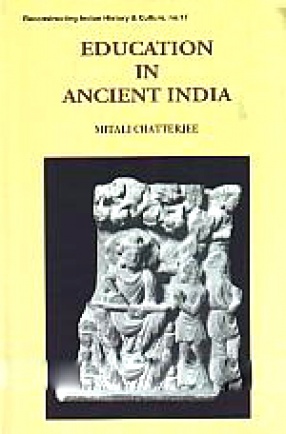
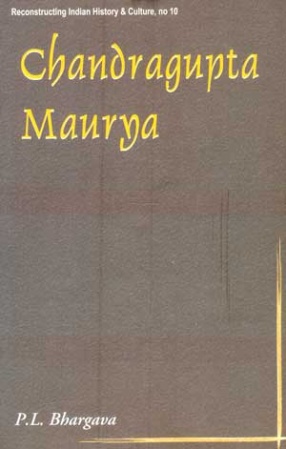
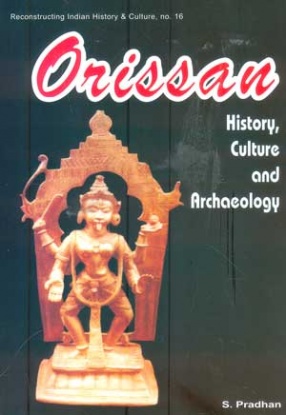
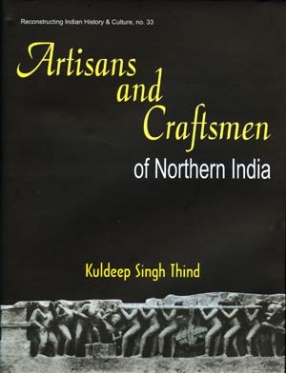


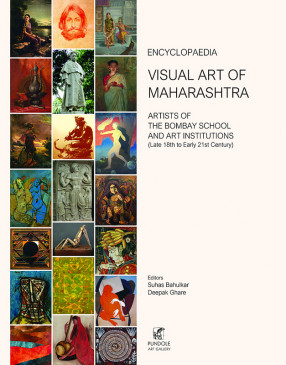
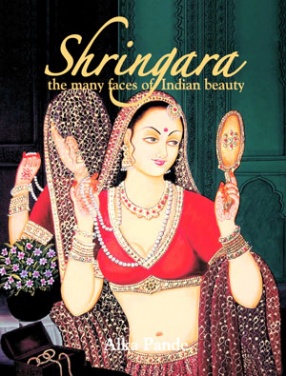
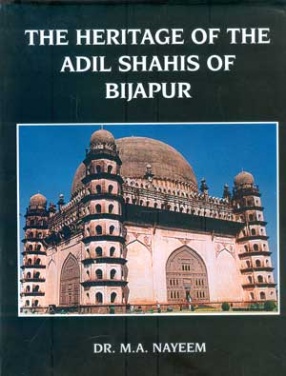

Bibliographic information